University Profiles

Edinburgh Business School
Edinburgh Business School (EBS) is the Graduate School of Business of Heriot-Watt University (est. 1821), Edinburgh, Scotland. Heriot-Watt University awards degrees by Royal Charter. Heriot-Watt University was ranked as the 3rd best British university to study Economics by Business Insider in 2017,[2] and featured in the Academic Ranking of World Universities Top 200 to study Finance and in the QS World University Rankings Top 200 to study Statistics & Operational Research. There are currently over 11,850 active students studying Edinburgh Business School programmes and more than 19,200 graduates across 165 countries worldwide.
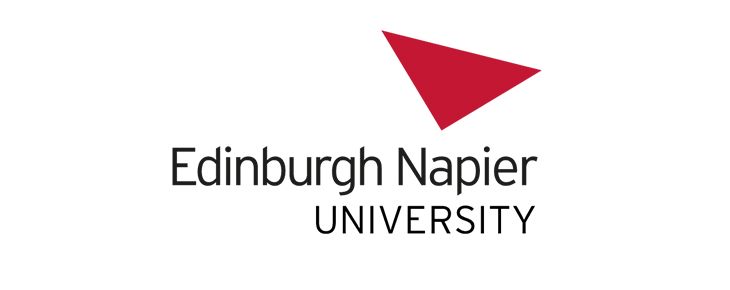
Edinburgh Napier University
Edinburgh Napier University is a public university in Edinburgh, Scotland. Napier Technical College, the predecessor of the university, was founded in 1964, taking its name from 16th-century Scottish mathematician and philosopher John Napier. The technical college was inaugurated as a university in 1992 by Lord Douglas-Hamilton, becoming Napier University. In 2009, the university was renamed Edinburgh Napier University.
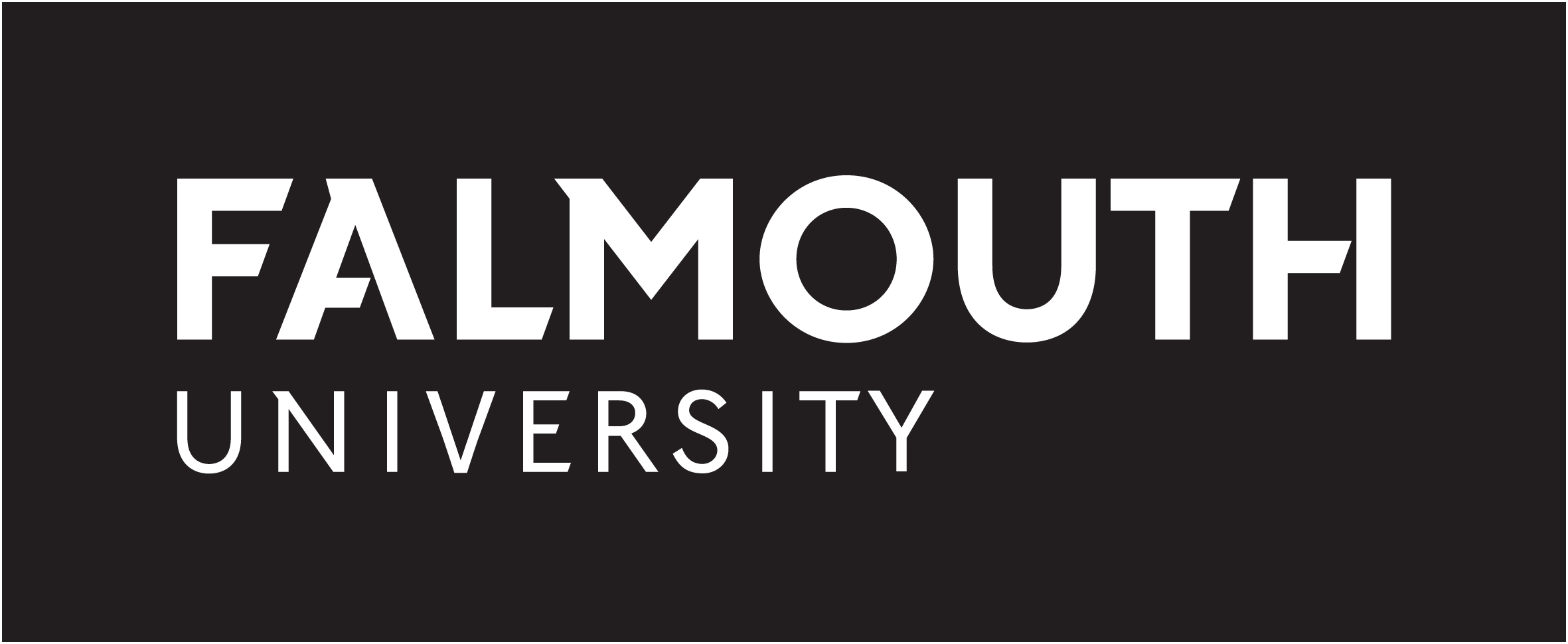
Falmouth University
Falmouth University (Cornish: Pennskol Aberfal) is a specialist public university for the creative industries based in Falmouth and Penryn, Cornwall, England. Founded as the Falmouth School of Art in 1902, it was previously known as Falmouth College of Art and Design and then Falmouth College of Arts until 2012, when the university college was officially granted full university status by the Privy Council.
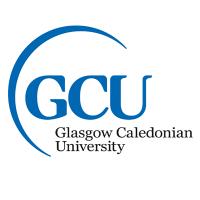
Glasgow Caledonian University
GCU London is a postgraduate campus of Glasgow Caledonian University specialising in Insurance, Banking and Finance, Risk Management, International Fashion Marketing, Luxury Brand Marketing, Public Health and Construction Management.

Glasgow School of Art
The Glasgow School of Art (GSA) is a higher education art school offering undergraduate degrees; post-graduate awards (both taught and research-led) and PhDs in architecture, fine art and design based in Glasgow, Scotland.

Goldsmiths University of London
Goldsmiths, University of London, is a public research university in London, England, specialising in the arts, design, humanities, and social sciences. It is a constituent college of the University of London. It was founded in 1891 as Goldsmiths' Technical and Recreative Institute by the Worshipful Company of Goldsmiths in New Cross, London. It was acquired by the University of London in 1904 and was renamed Goldsmiths' College.

Harper Adams University
Harper Adams University, founded in 1901 as Harper Adams College, is a public university located close to the village of Edgmond, near Newport, in Shropshire, England. Established in 1901, the college is a specialist provider of higher education for the agricultural and rural sector. It gained university college status in 1998, and university status in 2012 when the requirements were relaxed.
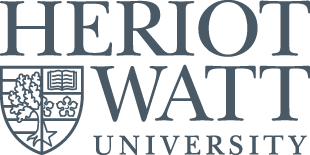
Heriot-Watt University
Heriot-Watt University (Scottish Gaelic: Oilthigh Heriot-Watt) is a public research university based in Edinburgh, Scotland. It was established in 1821 as the School of Arts of Edinburgh, the world's first mechanics' institute, and subsequently granted university status by royal charter in 1966. It is the eighth-oldest higher education institute in the UK. The name Heriot-Watt was taken from Scottish inventor James Watt and Scottish philanthropist and goldsmith George Heriot.

Hult International Business School
Hult International Business School (also known as Hult Business School or Hult) is a private business school with campuses in Cambridge, London, San Francisco, Dubai, New York City, and Shanghai.[5] Hult is named for the school's benefactor Bertil Hult.

INTO University Partnerships
INTO University Partnerships is a British for-profit pathway education provider focused on the provision of foundation courses for international students.

Istituto Marangoni
The Istituto Marangoni is a private Italian school of fashion and design. It is based in Milan, in Lombardy in northern Italy, and has branches in Florence, London and Paris, Shanghai and Shenzhen in China, Mumbai in India, and Miami in the United States.

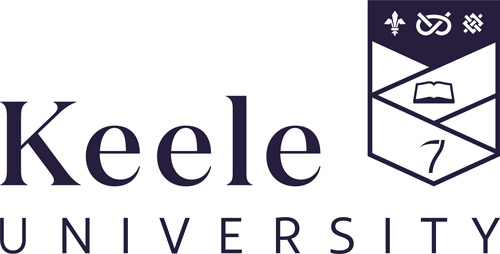
Keele University
Keele University, officially known as the University of Keele,[6] is a public research university in Keele, approximately three miles (4.8 km) from Newcastle-under-Lyme, Staffordshire, England. Keele was granted university status by Royal Charter in 1962 and was founded in 1949 as the University College of North Staffordshire.

King's College London
King's College London (informally King's or KCL) is a public research university located in London, England. King's was established by royal charter in 1829 under the patronage of King George IV and the Duke of Wellington.[7][8] In 1836, King's became one of the two founding colleges of the University of London.[9] King's is one of the oldest university-level institutions in England.[10][11] In the late 20th century, King's grew through a series of mergers, including with Queen Elizabeth College and Chelsea College of Science and Technology (in 1985), the Institute of Psychiatry (in 1997), the United Medical and Dental Schools of Guy's and St Thomas' Hospitals and the Florence Nightingale School of Nursing and Midwifery (in 1998). King's has five campuses: its historic Strand Campus in central London, three other Thames-side campuses (Guy's, St Thomas' and Waterloo) nearby and one in Denmark Hill in south London. It also has a presence in Shrivenham for its professional military education and in Newquay, Cornwall, where its information service centre is based. In 2020/21, King's had a total income of £1 billion, of which £188.0 million was from research grants and contracts.[3] It has the fourth largest endowment of any university in the United Kingdom, and the largest of any in London. It is the 12th largest university in the United Kingdom by total enrolment.[5] Its academic activities are organised into nine faculties, which are subdivided into numerous departments, centres, and research divisions.
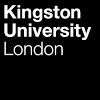
Kingston University
Kingston University London is a public research university located within the Royal Borough of Kingston upon Thames, in South West London, England. Its roots go back to the Kingston Technical Institute, founded in 1899. It received university status in 1992, before which the institution was known as Kingston Polytechnic.

Lancaster University
Lancaster University (legally The University of Lancaster)[3] is a collegiate public research university in Lancaster, Lancashire, England. The university was established by royal charter in 1964,[4] one of several new universities created in the 1960s. The university was initially based in St Leonard's Gate in the city centre, before starting a move in 1967 to a purpose-built 300 acres (120 ha) campus at Bailrigg, 4 km (2.5 mi) to the south.[4] The campus buildings are arranged around a central walkway known as the Spine, which is connected to a central plaza, named Alexandra Square in honour of its first chancellor, Princess Alexandra. Lancaster is a residential collegiate university; the colleges are weakly autonomous. The eight undergraduate colleges are named after places in the historic county of Lancashire, and each have their own campus residence blocks, common rooms, administration staff, and bars. Lancaster is ranked in the top thirteen in all three national league tables, and received a Gold rating in the Government's inaugural (2017) Teaching Excellence Framework.[5] The annual income of the institution for 2018/19 was £317.9 million of which £42.0 million was from research grants and contracts, with an expenditure of £352.7 million.[1] Along with the universities of Durham, Leeds, Liverpool, Manchester, Newcastle, Sheffield and York, Lancaster is a member of the N8 Group of research universities. Elizabeth II, Duke of Lancaster, is the visitor of the university. The current chancellor is Alan Milburn, since 2015.[6]

Leeds Arts University
Leeds Arts University is a specialist arts further and higher education institution, based in the city of Leeds, West Yorkshire, England, with a main campus opposite the University of Leeds.

Leeds Beckett University
Leeds Beckett University (LBU), formerly known as Leeds Metropolitan University (LMU) and before that as Leeds Polytechnic, is a public university in Leeds, West Yorkshire, England. It has campuses in the city centre and Headingley. The university’s origins can be traced to 1824, with the foundation of the Leeds Mechanics Institute. Leeds Polytechnic was formed in 1970, and was part of the Leeds Local Education Authority until it became an independent Higher Education Corporation on 1 April 1989. In 1992, the institution gained university status. The current name was adopted in September 2014.
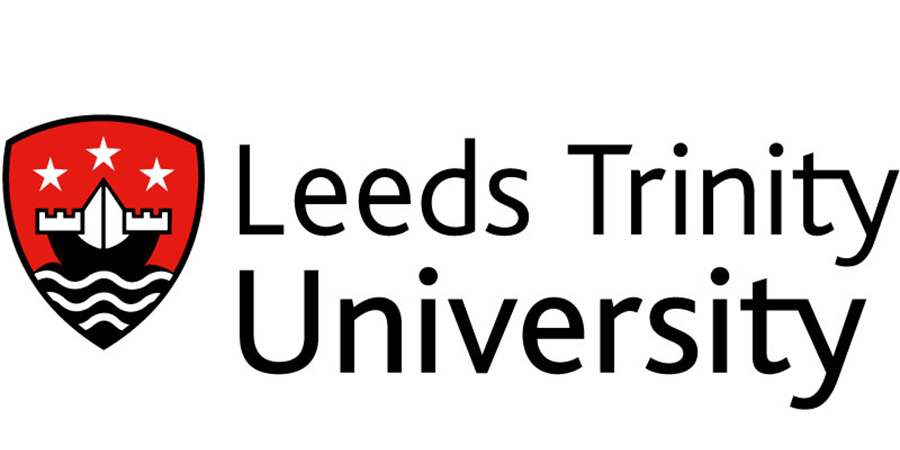
Leeds Trinity University
Leeds Trinity University is a public university in Horsforth, Leeds, West Yorkshire, England. Originally established to provide qualified teachers to Catholic schools, it gradually expanded and now offers foundation, undergraduate, and postgraduate degrees in a range of humanities and social sciences.
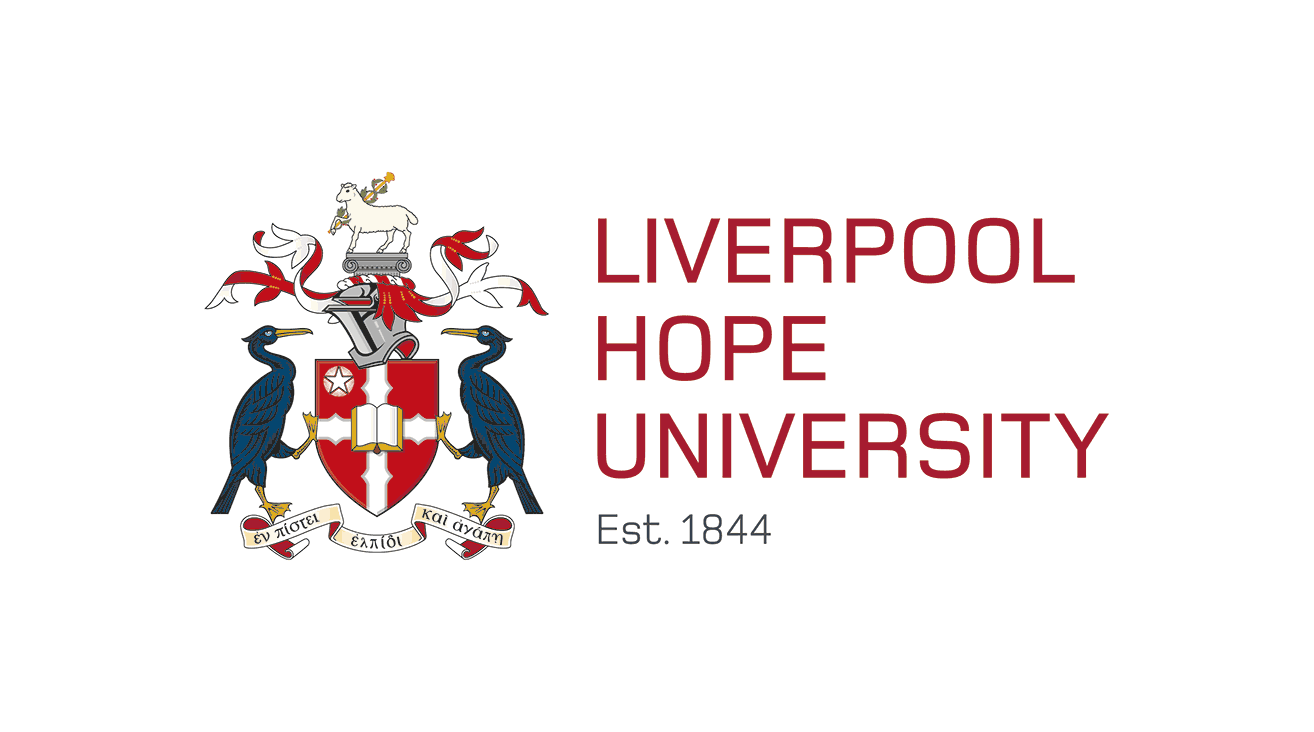
Liverpool Hope University
Liverpool Hope University is a public university with campuses in Liverpool, England. The university grew out of three teacher training colleges: Saint Katharine's College (originally Warrington Training College), Notre Dame College, and Christ's College. Uniquely in European higher education, the university has an ecumenical tradition, with Saint Katharine's College having been Anglican and Notre Dame and Christ's both Catholic. The Anglican Bishop of Liverpool David Sheppard and the Catholic Archbishop of Liverpool Derek Worlock (who give their names to the university's Sheppard-Worlock Library) played a prominent role in its formation. Its name derives from Hope Street, the road which connects the city's Anglican and Catholic cathedrals, where graduation ceremonies are alternately held.
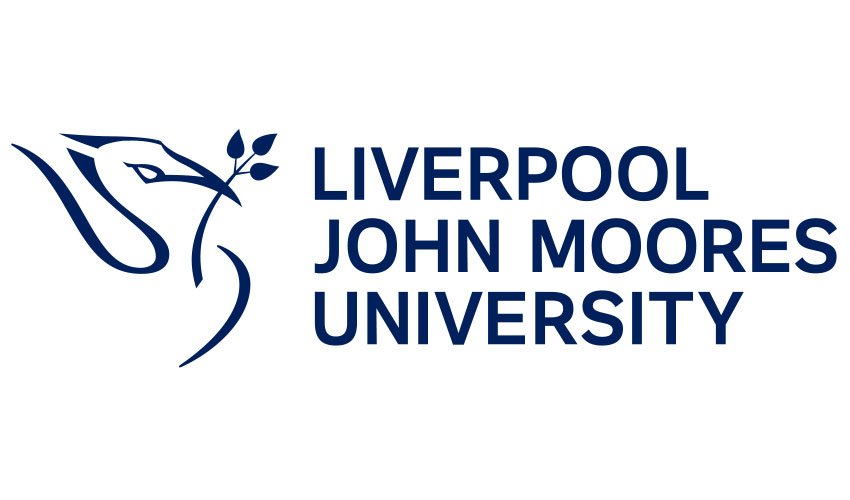
Liverpool John Moores University
Liverpool John Moores University (abbreviated LJMU) is a public research university in the city of Liverpool, England. The university can trace its origins to the Liverpool Mechanics' School of Arts, established in 1823. This later merged to become Liverpool Polytechnic. In 1992, following an Act of Parliament, the Liverpool Polytechnic became what is now Liverpool John Moores University. It is named after Sir John Moores, a local businessman and philanthropist, who donated to the university's precursor institutions.
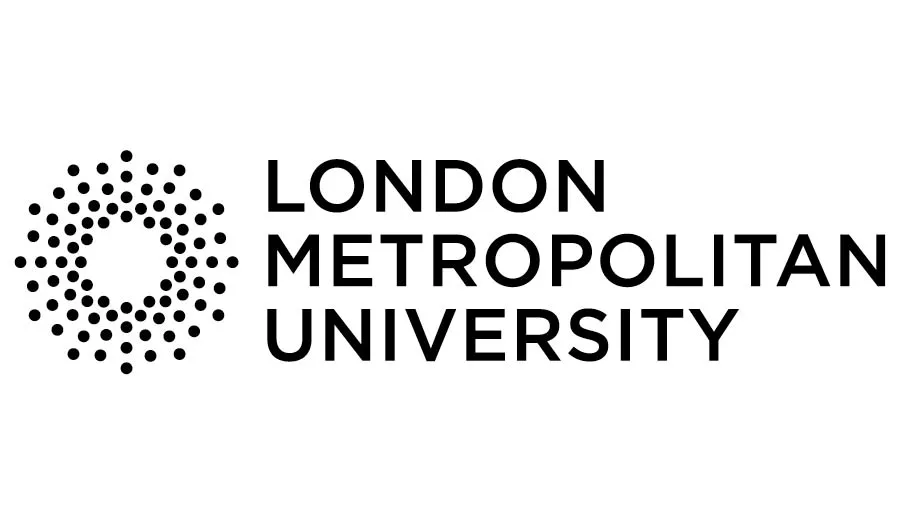
London Metropolitan University
London Metropolitan University, commonly known as London Met, is a public research university in London, England. The University of North London (formerly the Polytechnic of North London) and London Guildhall University (formerly the City of London Polytechnic) merged in 2002 to create the university. The University's roots go back to 1848.

London South Bank University
London South Bank University (LSBU) is a public university in Elephant and Castle, London. It is based in the London Borough of Southwark, near the South Bank of the River Thames, from which it takes its name. Founded in 1892 as the Borough Polytechnic Institute, it achieved university status in 1992 under the Further and Higher Education Act 1992.
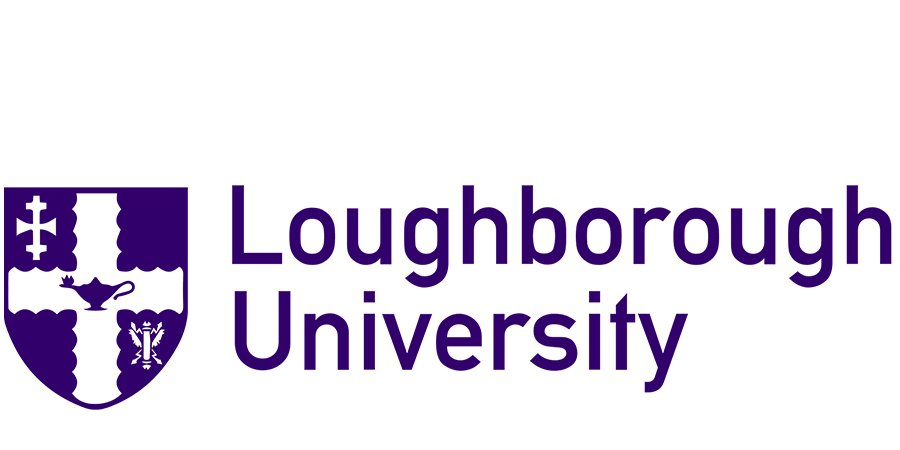
Loughborough University
Loughborough University (abbreviated as Lough or Lboro for post-nominals) is a public research university in the market town of Loughborough, Leicestershire, England. It has been a university since 1966, but it dates back to 1909, when Loughborough Technical Institute began with a focus on skills directly applicable in the wider world. In March 2013, the university announced it had bought the former broadcast centre at the Queen Elizabeth Olympic Park as a second campus. It belonged to the 1994 Group of smaller research universities until the group dissolved in November 2013. Its annual income for 2020–2021 was £308.9 million, of which £35.5 million was from research grants and contracts. Loughborough is top 7 in every UK university league table and top in its region.
